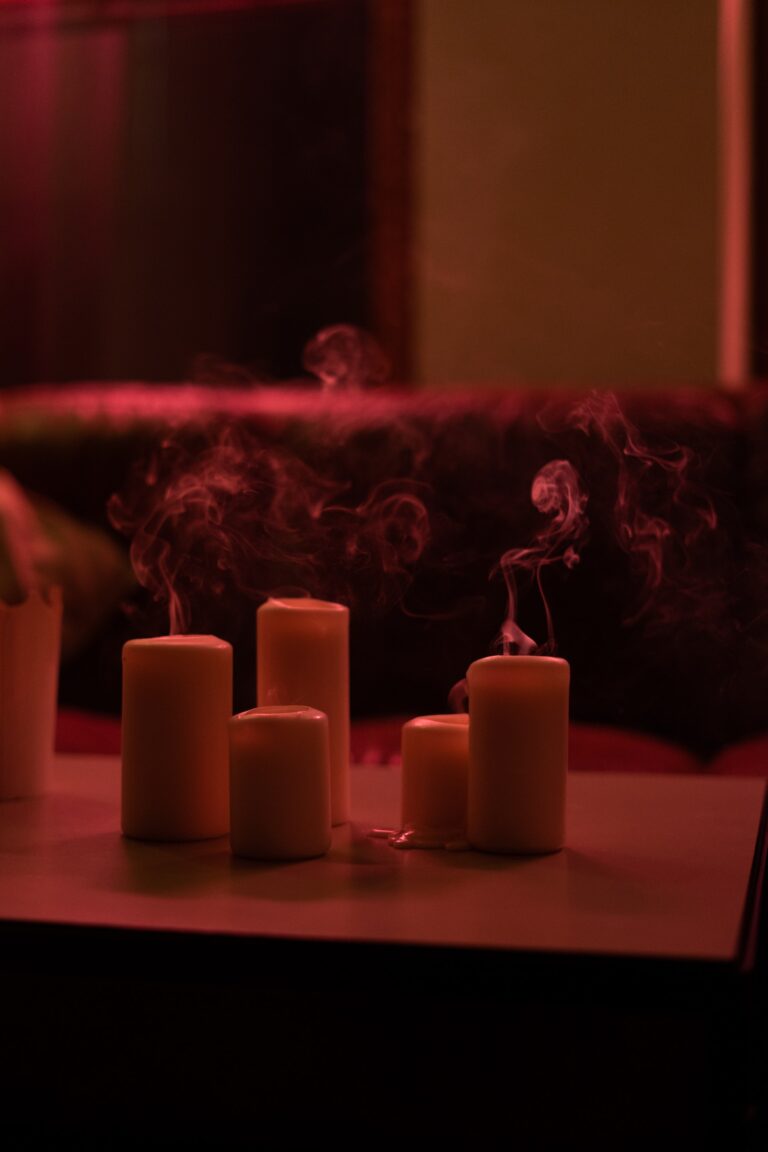Is Prostitution Legal in Sydney?
In Sydney, Australia, prostitution is legal and regulated under the Summary Offences Act 1988. This means that sex work is not considered a criminal activity, and sex workers are able to conduct their business without fear of prosecution. However, there are still various laws and regulations in place to protect the safety and well-being of both sex workers and their clients.
What Are the Laws and Penalties Surrounding Prostitution in Sydney?
Although prostitution is legal in Sydney, there are still laws in place to regulate the industry and ensure the safety of both workers and clients. Some of the key laws and penalties include:
- Brothels must be licensed and registered with the local council. Operating an unlicensed brothel can result in fines and penalties.
- Sex workers must be over the age of 18, and clients must also be over 18 to engage in sex work.
- Sex workers must use condoms during sexual intercourse to reduce the risk of sexually transmitted infections (STIs).
- It is illegal to engage in street-based sex work in certain areas of Sydney, including residential areas and within 50 meters of a church, school, or hospital.
- Sex workers are not allowed to advertise their services in public spaces, such as on the street or in a park.
- It is illegal to live off the earnings of a sex worker, known as living off the avails.
How is Prostitution Referred to Locally in Sydney?
In Sydney, the term sex work is commonly used to refer to the profession of prostitution. This is in line with the broader Australian approach to decriminalizing and regulating the industry, which aims to treat sex work as a legitimate occupation rather than a criminal activity. The term sex worker is used to describe those who engage in the provision of sexual services, and it is considered a more respectful and inclusive term than prostitute.
What is the History of Prostitution in Sydney?
Prostitution has a long history in Sydney, dating back to the early days of European settlement in the late 18th century. Throughout the 19th and early 20th centuries, sex work was largely unregulated and often associated with criminal activity and social stigma. In the 1970s and 1980s, the growing feminist movement and calls for sex workers’ rights led to a shift in attitudes towards prostitution and the beginning of the decriminalization process.
In 1995, the New South Wales government decriminalized brothels and established a system of licensing and regulation. This marked a significant change in the treatment of sex work, as it was now seen as a legitimate occupation rather than a criminal activity. Today, Sydney has a thriving and diverse sex industry, with both licensed brothels and independent sex workers providing services to clients.
What Government Laws and Resources are Available Regarding Prostitution in Sydney?
The New South Wales government provides various laws and resources to support the sex industry in Sydney and ensure the safety and well-being of both workers and clients. Some of these include:
- The Summary Offences Act 1988, which sets out the legal framework for sex work in Sydney and regulates various aspects of the industry, such as licensing and advertising.
- The Sex Workers Outreach Project (SWOP), a government-funded organization that provides support, information, and resources to sex workers in New South Wales. SWOP’s website offers a range of resources for sex workers, including information on legal rights, health and safety, and support services.
- The New South Wales Health Department, which works closely with the sex industry to promote the health and safety of sex workers and their clients. This includes the provision of free condoms and sexual health information to sex workers, as well as regular health checks and STI testing.
- The New South Wales Police Force, which is responsible for enforcing the laws surrounding sex work and ensuring the safety of both workers and clients. Police officers work closely with sex workers and industry organizations to maintain a safe and regulated environment for all parties involved.
In conclusion, prostitution is legal and regulated in Sydney, with a range of laws and resources in place to support the industry and protect the well-being of both sex workers and their clients. The decriminalization and regulation of sex work have helped to reduce the stigma surrounding the profession and promote a safer and more inclusive environment for all involved.
